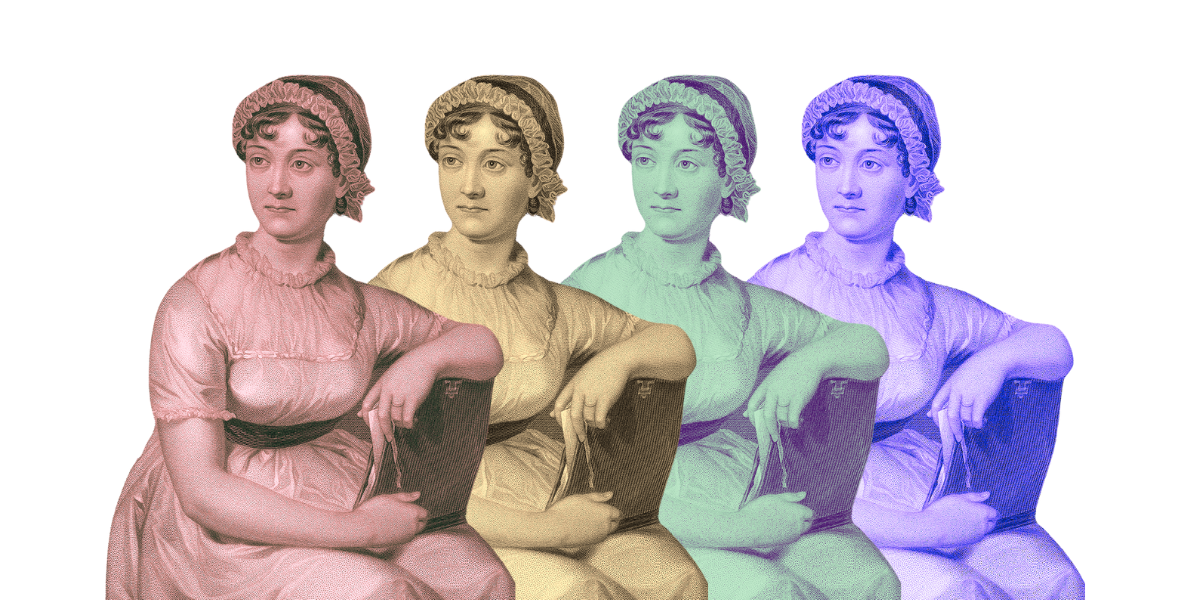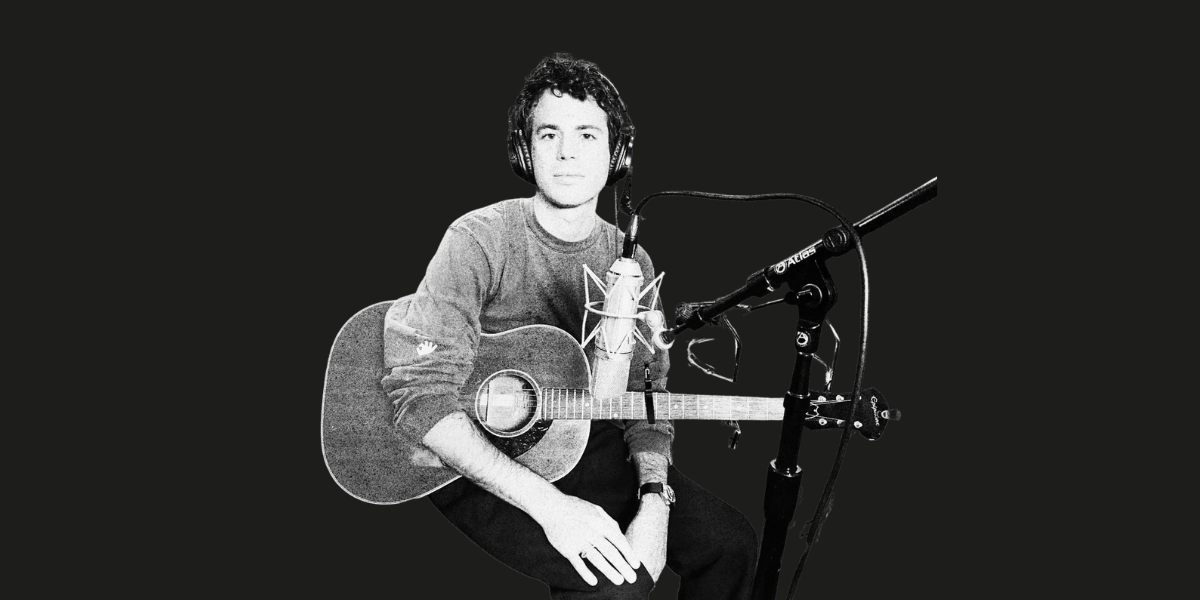Este artículo explora los hechos y la ficción en torno al bloqueo del escritor, la psicología de por qué ocurre y las estrategias de productividad de escritura que puedes utilizar para superarlo para siempre.

Toma una idea de tu mente y plasmándola en la página. Parece sencillo, ¿verdad? Pero todos los escritores saben que no es tan sencillo.
El bloqueo del escritor es una “incapacidad temporal o duradera para plasmar las palabras en el papel”. Puede durar minutos, días, semanas o incluso meses.
Cuando deseas escribir con desesperación, experimentar un bloqueo puede ser frustrante y desalentador. El bloqueo del escritor afecta a todos, desde principiantes hasta autores famosos, prolíficos y publicados, y a todos los que están en el medio. Si te sientes así con tu proyecto de escritura actual, no estás solo. No todo está perdido. Hay esperanza.
Ya sea que se esté preparando para abordar su novela, cuento, poema, ensayo o tesis, lo tenemos cubierto.
En este artículo aprenderás:
- ¿El bloqueo del escritor es real?
- Por qué se produce el bloqueo del escritor: la psicología
- Cómo superar el bloqueo del escritor: consejos y estrategias de expertos para superarlo
¿El bloqueo del escritor es real?
El debate ha estado acalorado desde que se esculpieron las primeras palabras del sumerio en la tablilla de Kish. Bueno, no lo sabemos con certeza. Pero la existencia del bloqueo del escritor siempre ha sido un tema polémico.
Desde escritores y académicos hasta psicólogos y críticos de salón, todos tienen una opinión.
¿Crees que es real? ¿Es el bloqueo del escritor un doloroso e inevitable rito de paso para todo escritor? ¿O crees que es una excusa práctica para evadir el duro trabajo de completar una obra sustancial?
De cualquier manera, comprender los obstáculos esperados e inesperados que enfrenta un escritor lo ayudará a escribir más rápido, mejor y con mayor frecuencia.
¿Por qué ocurre el bloqueo del escritor?
Se atribuye al bloqueo del escritor casi todos los borradores estancados y las ideas abandonadas. Pero creemos que el verdadero problema no es el bloqueo en sí. De lo que debemos hablar es de qué se esconde tras él. Spoiler: es psicológico.
En lugar de quedarte mirando fijamente una página en blanco o las pocas palabras que lograste pronunciar pero que no puedes entender, piensa en lo que sucede fuera de la página.
Tu mentalidad, tus hábitos y tus emociones son sólo algunos de los factores que podrían estar trabajando en tu contra.
El estrés, las dudas, el perfeccionismo, una agenda desorganizada... son más que inconvenientes. Te impiden escribir el libro que sabes que llevas dentro.
En lugar de quedarte mirando fijamente una página en blanco o las pocas palabras que lograste pronunciar pero que no puedes entender, piensa en lo que sucede fuera de la página.
Cómo superar el bloqueo del escritor
Enfrentar el bloqueo del escritor puede ser como enfrentarse al Balrog de Morgoth de Tolkien. Pero todo villano tiene un defecto fatal, y el bloqueo del escritor no es la excepción: se puede superar.
Claro, a veces puede parecer desesperanzado. Sobre todo cuando empezaste con fuerza, escribiendo página tras página e imaginando con ilusión el día en que escribirías "el fin", solo para detenerte de golpe.
Pero existen herramientas supereficaces que puedes añadir a tu arsenal para combatir a este enemigo. Existen estrategias y técnicas de productividad comprobadas que puedes incorporar a tu rutina diaria para derrotar a esta amenaza y retomar tu camino victorioso.
–
El bloqueo del escritor no significa el fin de tu viaje con tu último borrador. (Eso es simplemente lo que quiere hacerte pensar).
Al igual que el último giro de la trama que causa estragos en la vida de su cansado protagonista, es simplemente otro obstáculo a superar.






























